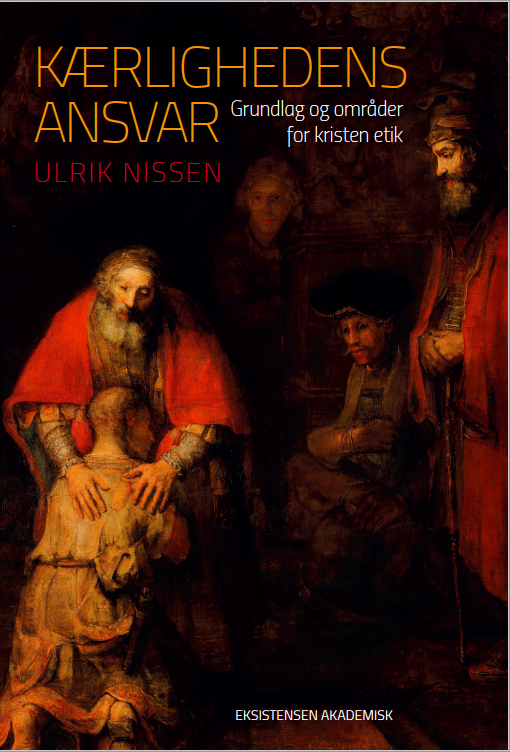Open position at The Lutheran World Federation:
In view of the current incumbent’s end of assignment, we are looking to hire a new Director for the Department for Theology, Mission and Justice.
To equal qualifications, preference will be given to candidates representing the diversity of LWF (Africa, Asia or Latin America and Caribbeans).
The position is located in the Communion Office in Geneva and the employment for a 5-year term, renewable once.
Work time: 100%
Average travel days per year: limited (7 – 19)
Closing date for applications: 31 March 2022
__________________________________________________________________________________
Purpose
The Department for Theology, Mission and Justice (DTMJ) is primarily responsible for programs and themes geared towards supporting the presence and witness of the member churches of the Lutheran World Federation – a Communion of Churches (LWF) globally and locally. DTMJ also houses the advocacy unit of the LWF.
DTMJ sets the theological foundation of the LWF’s work. Its programs are grouped into
- Theology for Transformation with programs on Lutheran Theological Identity, Communion and Formation, Public Theology, and Gender studies;
- Church in Mission, with programs on Diakonia, Capacity Building & Leadership Development, and Youth;
- Action for Justice, setting the overall advocacy directions and shaping the public voice of the LWF Communion, with programs on Human Rights & International Affairs, Interfaith & Peace, Gender Justice, and Climate Justice, under the leadership of the Head of Global Advocacy.
As a member of the Communion Office Leadership Team (COLT), the incumbent has the overview on the outcome of the department and in agreement with General Secretary decides on thematic orientations of the work of the department. S/he oversees the implementation of thematic and programmatic guidelines with the contribution of other departments/office.
S-he manages and accompanies thematic experts and program executives, providing a combination of vision and pragmatism.
As the leader of a resource department of theological and programmatic experts on specific methodologies, the incumbent is knowledgeable on the various global thematic and cross-departmental programs and provides strategic input to the General Secretary and his-her office members.
S-he ensures that theological support is adequately provided in the development of the programs, including those led by the Action for Justice team in coordination with the Department for World Service. S-he ensures that the work serves the needs of member churches, particularly in view of capacity building in the field of theology, advocacy, peace building and leadership development. S-he ensures that adequate funding is sourced for the development of programs of the department.
Required Qualifications
- Degree in Theology (at least MA level or equivalent).
- Experience in management
- Fluent in English, other LWF languages are assets
- Endorsement by a LWF member church
Additional Study and Experience
- Successful experience in a position involving mission, theological reflection, as well as management / program management in a church, a related agency or ecumenical organization
- Considerable previous experience in working internationally.
- Solid experience within a LWF member church in at least one related topic.
- Demonstrated excellent capacity to develop interpersonal working relationships at both strategic and operational levels.
- Proven ability to lead and interact with multi-cultural and multi-professional teams
LWF Core Skills
- Analytical thinking: level expert
- Leadership: level expert
- Achieving results: level expert
- Accountability: level expert
- Working effectively with others: level expert
- Initiative level advanced
Required Skills
- People management: level expert
- Facilitation / Negotiation: level expert
- Communication / Networking: level expert
- Promotion: level expert
- Innovation: level advanced
- Resources management / Fund raising / Finance: level advanced
Position Environment and Dimensions
In coordination with the General Secretary and the leadership team, defines, develops and implements DTMJ programs at global and thematic levels, ensuring that programs are theologically rooted and achieving LWF strategic objectives.
Overall accountability of the department budget, programs’ results, quality and compliance, human resources and people management.
Internally, interacts with the General Secretary and the staff of his-her office, all LWF departments, program holders, regional secretaries and Country programs representatives/directors.
Supervises: Twelve direct supervisees in four teams. Department with 23 staff in total working from Geneva and other locations.
Externally, interacts with member churches, donors and related agencies
Main duties
Department Management
- To hold a large department team together.
- To manage, negotiate, liaise with relevant partners for the coherence and the excellence of programs, both in terms of content and quality.
- To create a conducive environment and manage efficiently the department with proven people management best practices.
- To manage financial and logistic resources appropriately.
Supervision on Program Implementation
- To ensure the implementation of the LWF strategy related priorities and decisions defined by the governance and the leadership team through effective, organized and coordinated activities / events.
- To oversee and ensure the smooth development of all programs.
Expertise Development & Support
- To ensure that quality and consistency is provided by DTMJ thematic experts to internal stakeholders within and across the departments, as well as externally, when exercising support and capacity building.
- To ensure that program staff are equipped to carry out their programmatic work in the field of their specific expertise.
- To contribute to LWF continuous improvement and knowledge management.
Promotion & Communication
- To ensure the provision of adequate level of communication flow, reporting and information sharing, internally and externally.
- To ensure the visibility of DTMJ activities and added value
Special duties
As may be assigned by the General Secretary
Major Challenges
To develop, lead and manage a department at a time of change, both in terms of content, organization and staff. To demonstrate the department’s added value to its various stakeholders
